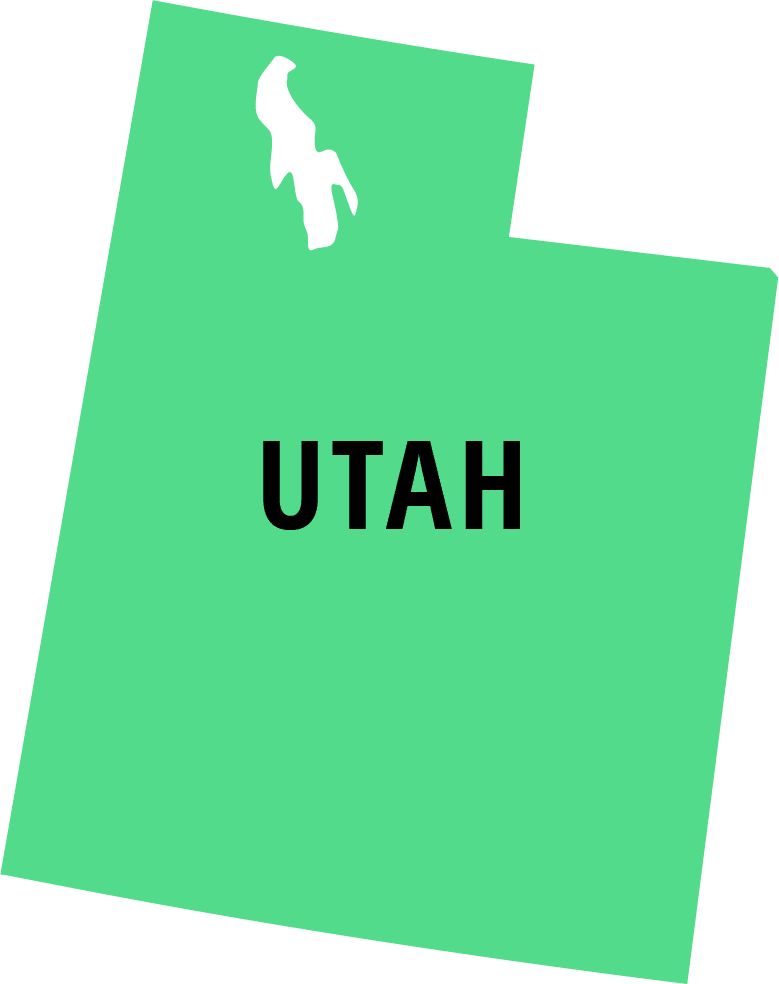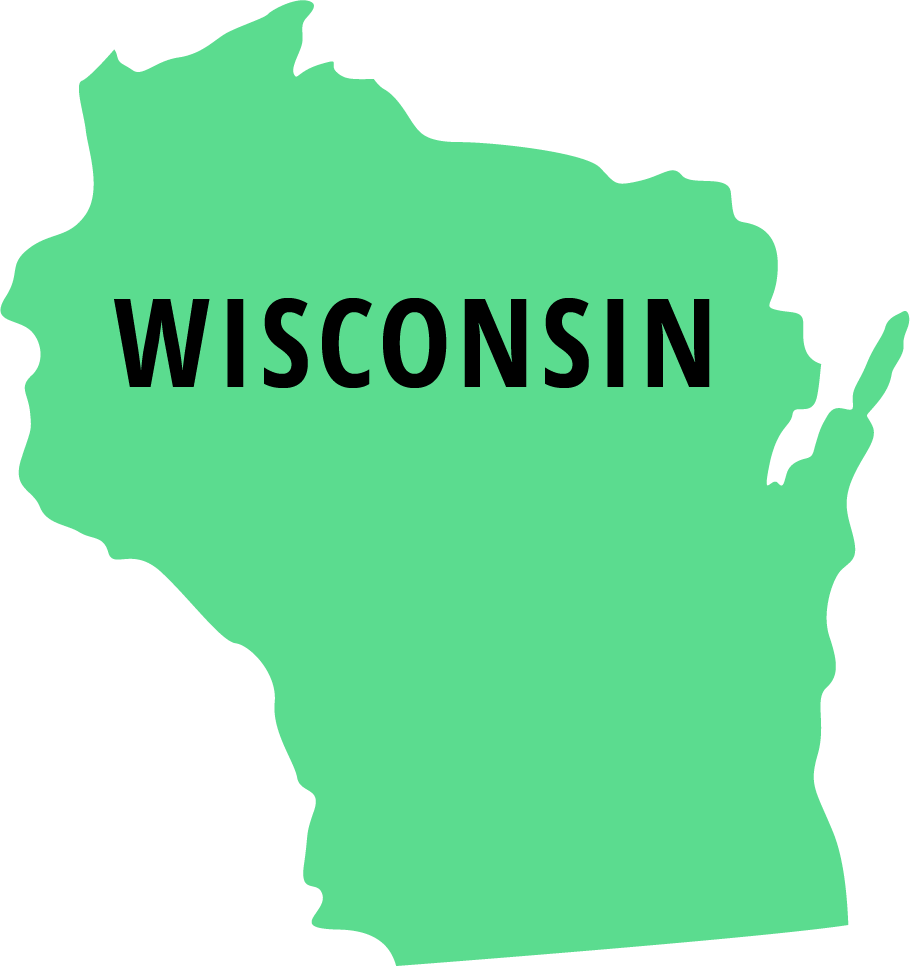Which Types of Insurance Do You Need?
Many people are familiar with how insurance works—it provides financial protection against the unexpected. But there are many types of insurance, and each serves a different purpose.
Since there’s no insurance product currently available to cover all your needs, you have to purchase the right type for every situation. Below are five of the most essential that you should get.
5 Types of Insurance
1. Life Insurance
A life insurance policy greatly benefits your dependents in the event of your untimely passing. It will cover funeral and burial costs, pay off debts, and replace lost financial support.
Policy amount and cost depend on several factors like age, health, and occupation. If you have a family, you need to factor in daily living expenses, child care, outstanding loans, and future education costs to ensure adequate coverage for their needs.
When choosing the right policy, understand the differences between the two types of life insurance:
Whole Life Insurance: Also called traditional life insurance, it covers you until your death as long as you pay the annual premium. Some policies allow you to withdraw cash or borrow against your policy as needed.
Term Life Insurance: It only covers you for a specific period, ranging from 1 to 30 years, and then expires. Unlike whole life, term life insurance will only pay the death benefit if the policyholder dies before the term ends.
2. Health Insurance
Many people are just one serious illness or accident away from being in dire financial straits. In a 2019 study published by the American Journal of Public Health, two out of three personal bankruptcies filed between 2013 and 2016 were due to medical issues.
Having a health insurance policy could prevent you from going bankrupt by removing the financial burden of exorbitant medical care expenses. Most people avoid getting this insurance because of the high cost of coverage.
Fortunately, there are many types of health insurance plans on the market, and some are more affordable than others. If the cost of the policy is a concern for you, consider opening a Health Savings Account and combining it with a high-deductible health plan. You could also opt for insurance from your employer or check with trade organizations for possible coverage.
3. Disability Coverage
Disability insurance protects you and your dependents from loss of income when you’re sidelined—permanently or temporarily—by an injury or illness. It pays for expenses normally covered by your earnings.
Employers often include short-term and long-term disability insurance in their benefits. There is also workers’ compensation; however, that won’t cover non-work-related illnesses or injuries.
If your company doesn’t offer one, it’s best to purchase a policy guaranteeing full income replacement. Some only cover up to 60 percent, so read the fine print. The premium is affordable, usually costing just one to three percent of your salary.
4. Auto Insurance
When you own a vehicle, it’s critical to have auto insurance. Besides being required by law in most states, it safeguards you against substantial loss resulting from car accidents and other adverse incidents.
Below are the three main types of car insurance coverage:
Liability: When you’re at fault for the accident, liability coverage will pay for the costs resulting from bodily injuries and property damage suffered by the other party.
Collision: It covers the expense of repairing or replacing your vehicle when destroyed or damaged in a wreck.
Comprehensive: Your insurer will pay for losses due to theft, vandalism, fire, flood, hail, and other acts of nature.
Premiums vary according to individual circumstances. It’s vital to shop around to get the best coverage at reasonable rates.
5. Home Insurance
Home insurance is often required with a mortgage. But even if you’ve paid off your loan, having this type of policy remains crucial as it pays for covered losses like fire, flood, and earthquake. Furniture, appliances, and other contents of your home are also covered when these are damaged during an insured event.
This coverage also safeguards you from liability for injuries and property damage that you, your family, or your pets have caused. If a covered claim results in your home being temporarily uninhabitable, it will reimburse you for costs incurred while living somewhere else.
Even if you’re only renting your home, having a renter’s policy is still a good idea. It will cover the cost of replacing damaged personal property during covered incidents and offer premises liability protection as well.
Turn to Lift Credit
Learn more about the different types of insurance and financial know-how from Lift Credit. And if the cost of premiums is an issue for you, let their fuss-free personal loans help you make the right choice.









